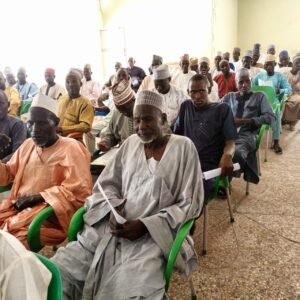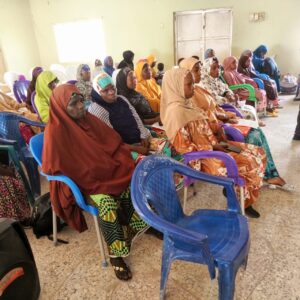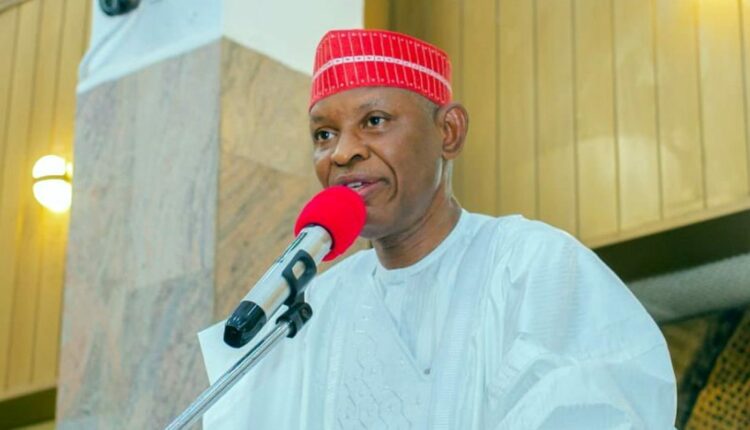Stakeholders in education sector are calling on the Kano State government to intensify efforts toward addressing the challenges of manpower and inadequate learning infrastructure in schools across the state.
The aim was to address the overwhelming number of out-of- school children in the state, according to parents, caregivers, pupils and traditional rulers, who made the call at a town hall meeting in Ajingi Local Government Area of the state.
The United Nations Children’s Fund (UNICEF) October 2023 report rated Kano State as the highest number of out-of-school children in the country, which stands at 989,234 and contributed to the country’s indices as the highest worldwide.
The town hall meeting to address these challenges organised by the Partnership for Learning for All in Nigeria PLANE project being implemented by Save the Children International and its consortium partners, was held on Wednesday.
READ ALSO: Varsities’ Non-Academic Staff End Warning Strike
Ibrahim Haruna, the Social Behaviour Change Manager of the Save the Children International, said the meeting was a community-led advocacy platform to interface with policy makers, share their concerted achievements and call on the government to address barriers that are beyond their capacity.
Some of the salient issues raised by the stakeholders at the town hall meeting included shortage of teachers, inadequate learning facilities and instructional materials, gender based barrier, lack of education values by some parents and poverty.


But after the PLANE project intervention kick-started in Ajingi, Makoda and Minjibir LGAs, Mr. Ibrahim Haruna said the situation was gradually improving in the affected areas. He was hopeful that other LGAs would emulate the template to improve the educational standard in the state.
“As part of our Social and Behavior Change (SBC) strategy, PLANE established community core groups, including SBMCs, women and men groups, community and religious leaders who are working with wider community members to explore barriers to education, plan and implement local solutions to address the barriers.
“They also work with education service providers to address education quality issues, through community accountability mechanism called the Partnership Defined Quality Scorecard (PDQS).” He explained.
READ ALSO: Protest: Kano Govt. Says No Going Back On Sacking of Wheelbarrow Traders In Market
Responding, Yusuf Kabiru, Executive Chairperson of the State Universal Basic Education Board (SUBEB) admitted most of the outlined challenges. Kabiru, however, said the state government was building more schools, recruiting teachers and prioritizing their welfare and equitable distribution to address the challenges.
Represented by Amina Umar, the Acting Secretary of SUBEB, the Executive Chairperson stated further that about 50 percent of the award recently granted to the state government by the World Bank was going for construction of schools.
“The recent award that the state government won from the World Bank, half of the reward is going on school construction to address this issue of shortage of classes. We are also recruiting more teachers, redeploying and motivating some of them who do not want to work in the remote areas.” He added.
Grassroots Parrot reports that the PLANE project is being implemented in Ajingi, Makoda and Minjibir LGAs of Kano State and in some parts of Jigawa and Kaduna States.

